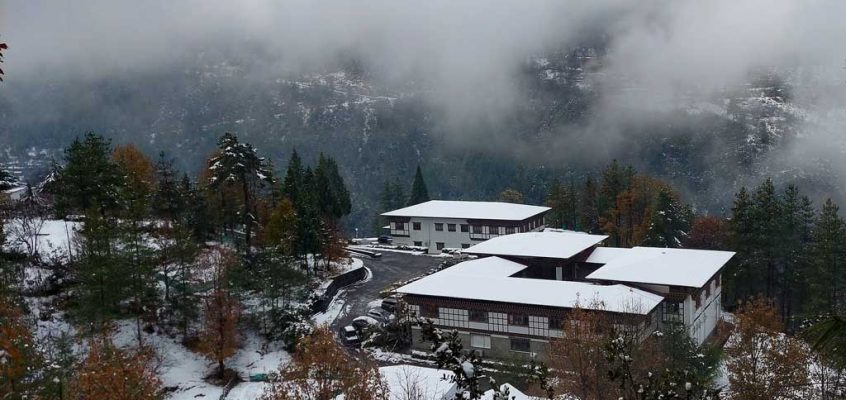Food Diversity and Exchange: The Way to Rural Development
The National Biodiversity Centre took part in one-day Food festival/exhibition on the theme “Food Diversity and Exchange-The Way to Rural Development” at Royal Institute for Tourism and Hospitality (RITH) on 29th October 2013 at RITH, Motithang. The objectives of NBC’s … Continued

